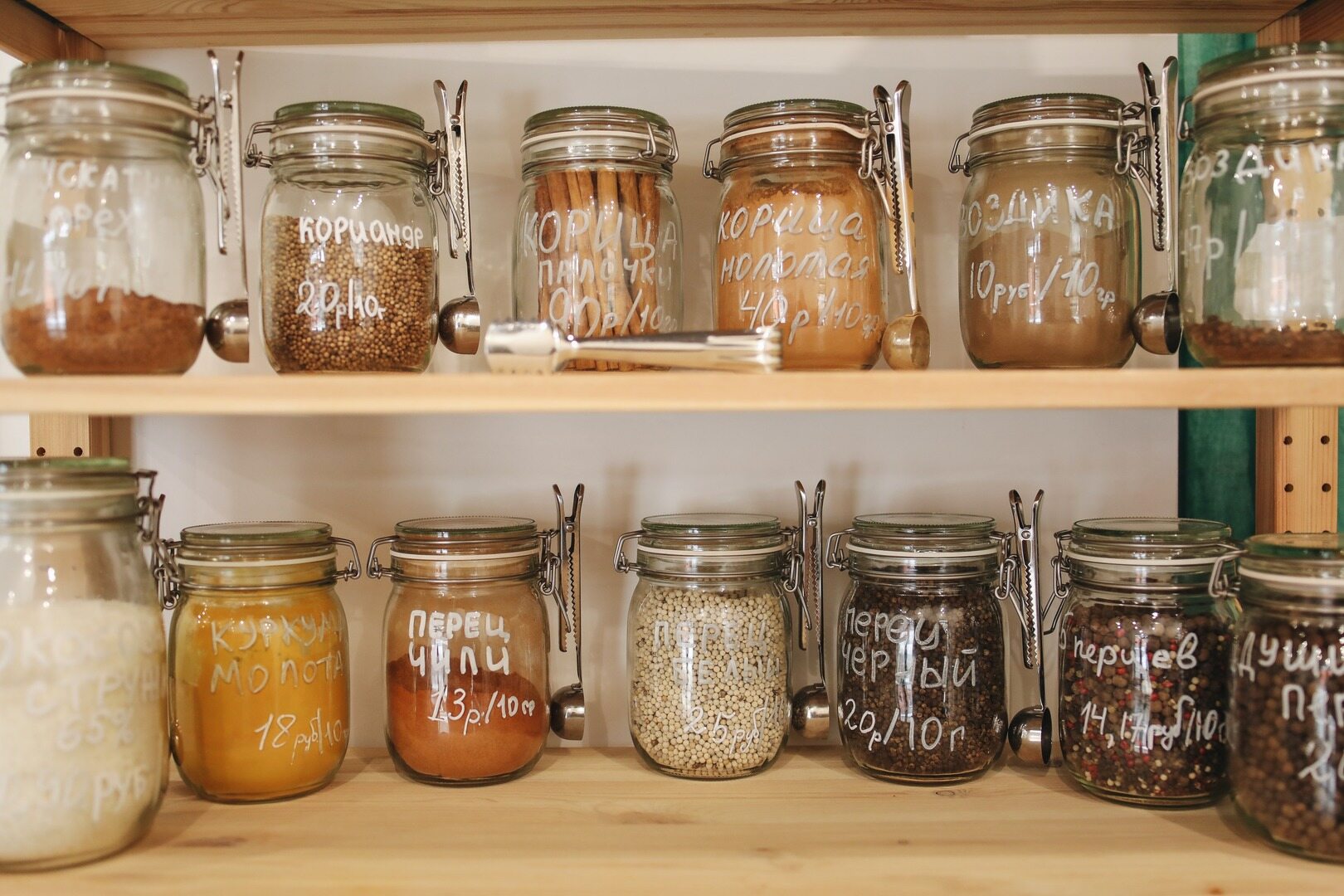

Articles
How To Store Bulk Spices
Modified: October 19, 2024
Learn effective methods for storing and organizing your bulk spices with these helpful articles. Gain tips on maximizing freshness and accessibility for a well-stocked spice collection.
(Many of the links in this article redirect to a specific reviewed product. Your purchase of these products through affiliate links helps to generate commission for Storables.com, at no extra cost. Learn more)
Introduction
Welcome to the wonderful world of spices! Whether you’re a home cook, a professional chef, or just someone who loves to experiment with flavors, spices are an essential ingredient in adding depth and complexity to your culinary creations. However, when it comes to storing bulk spices, it’s crucial to preserve their freshness, flavor, and aroma. In this article, we’ll explore the best practices for storing your spices to ensure their longevity.
Choosing the right containers, labeling your spices accurately, and providing optimal storage conditions are key factors in maintaining the quality of your bulk spices. By following these guidelines, you can enjoy flavorful dishes that will elevate your cooking to new heights.
So, let’s dive into the world of bulk spice storage and learn how to keep our pantry well-stocked and our food bursting with flavor!
Key Takeaways:
- Preserve the Flavor: Choose airtight, dark-colored containers, label spices accurately, and store them in optimal conditions to maintain their freshness and elevate your culinary creations.
- Spice Storage Mastery: Whether in the pantry, freezer, or refrigerator, proper handling and maintenance of bulk spices ensure vibrant flavors and delightful cooking experiences.
Read more: How To Store Coins In Bulk
Choosing the Right Containers
When storing bulk spices, selecting the appropriate containers is essential for maintaining their quality and longevity. Here are some factors to consider when choosing your spice containers:
- Airtight: Look for containers that have airtight seals to prevent moisture and air from entering. Exposure to moisture and air can cause spices to lose their potency and flavor over time. Mason jars with screw-top lids or jars with rubber gaskets are excellent options for maintaining freshness.
- Dark-colored: Light can degrade the quality of spices by altering their color, taste, and aroma. Opt for containers that are dark-colored or opaque to block out light. Amber glass jars or metal tins are ideal choices for preserving spice integrity.
- Size: Choose containers that can comfortably hold the quantity of spices you typically use. It’s best to have containers with a little extra space to avoid overcrowding, which can lead to clumping or moisture build-up.
- Material: Spice containers come in various materials, such as glass, ceramic, and stainless steel. Glass and ceramic containers are excellent at preserving flavors and are resistant to absorbing odors. Stainless steel containers are durable, but ensure they have an airtight seal.
Remember, the quality of your containers can make a significant difference in how long your spices stay fresh. Investing in high-quality containers will not only ensure the preservation of your spices but also add a touch of elegance to your kitchen.
Labeling Your Spices
Properly labeling your spices is essential for easy identification and organization. When storing bulk spices, it can be easy to forget which spice is which, especially if they look similar. Here are some tips for effective spice labeling:
- Clear and Legible: Ensure that your labels are clear and easy to read. Use waterproof and smudge-resistant labels to prevent them from deteriorating over time. You can use pre-printed labels or create your own using a label maker or permanent marker.
- Include Key Information: Write the name of the spice on the label, along with any important details such as the source, date of purchase, or expiration date. This information will help you keep track of the freshness of your spices and when it’s time to replenish your stock.
- Organize and Categorize: Consider organizing your spices alphabetically, by cuisine, or based on frequency of use. This will make it easier to locate specific spices when you’re in the midst of cooking. You can also use color-coded labels or dividers to further enhance your organization system.
- Include Storage Instructions: If you have specific storage requirements for certain spices, such as keeping them in the refrigerator or freezer, it’s helpful to include those instructions on the label. This will serve as a reminder and ensure that you store them correctly for optimal freshness.
- Consistent Labeling: Maintain consistency in your labeling style to create a visually appealing and uniform look in your spice cabinet or pantry. This will add a sense of order and make it easier to find what you need.
By labeling your spices accurately, you’ll streamline your cooking process and avoid any confusion when it comes to using the right spices for your recipes. It may seem like a small step, but it can make a significant difference in the overall organization and efficiency of your kitchen.
Optimal Storage Conditions
To ensure the longevity and flavor of your bulk spices, it’s important to store them under optimal conditions. Here are some factors to consider when it comes to storing your spices:
- Temperature: Spices are best stored in a cool, dry place away from direct sunlight and heat sources. Excessive heat can cause spices to lose their flavor and potency. Aim for a temperature between 50°F and 70°F (10°C and 21°C) for optimal storage conditions.
- Humidity: Moisture is the enemy of spices. High humidity can cause clumping, caking, and spoilage. It’s important to avoid storing spices near the stove, dishwasher, or sink where there is a high level of moisture. Keep them in a dry location to maintain their quality.
- Avoid Spice Racks Near the Stove: While it may be convenient to have your spices within arm’s reach, storing them on a spice rack right next to the stove can expose them to heat, steam, and oils. This can lead to flavor loss and degradation. Instead, opt for a cabinet or pantry away from direct heat sources.
- No Exposure to Air and Light: Oxygen and light can accelerate the deterioration of spices. Airtight containers and keeping them in a dark place will help to preserve their flavors and aromas. Avoid transparent or glass containers that allow light to penetrate and consider using dark-colored containers or storing them in a dark pantry or cabinet.
- Avoid Excessive Grinding: Whole spices retain their flavor and potency for longer than pre-ground spices. Consider buying whole spices and grinding them when needed for optimal freshness. If using pre-ground spices, ensure that they are stored in airtight containers to minimize exposure to air and maintain their quality.
By providing the proper storage conditions, you can ensure that your bulk spices retain their vibrant flavors and aromas for an extended period. Taking these precautions will help you create culinary masterpieces with the freshest and most flavorful spices at your fingertips.
Storing Spices in the Pantry
The pantry is a popular storage location for bulk spices, as it provides a convenient and easily accessible space in the kitchen. Here are some tips for storing spices in the pantry:
- Select a Cool and Dark Spot: Choose a spot in your pantry that is away from direct sunlight and heat sources. Heat and light can degrade the quality of your spices and cause them to lose their flavor and potency.
- Use Airtight Containers: Transfer your bulk spices into airtight containers to prevent air, moisture, and pests from contaminating them. Mason jars, metal tins, or glass containers with airtight lids are excellent options for storing spices in the pantry.
- Organize and Label: Arrange your spices in an organized manner, making it easy to locate and select the desired spice. Label each container with the spice name for quick identification. You can use a spice rack, tiered shelves, or stackable containers to maximize space utilization and maintain a neat appearance.
- Keep Away from Strong Odors: Spices have a remarkable ability to absorb odors from their surroundings. To prevent cross-contamination and maintain the true flavors of your spices, store them away from strong-smelling ingredients like onions, garlic, and cleaning products.
- Rotate and Refresh: Regularly check the dates of your stored spices and rotate them to ensure you use the oldest ones first. Over time, spices can lose their potency, so it’s best to refresh your stock every 6-12 months to ensure optimal flavor.
By following these pantry storage tips, you can have a well-organized spice collection that is easily accessible for all your culinary adventures. Your pantry will be a treasure trove of flavors, ready to enhance any dish you create.
Store bulk spices in airtight containers away from heat, light, and moisture to maintain their flavor and potency. Label containers with the date of purchase for freshness tracking.
Read more: How To Store Bulk Grains
Storing Spices in the Freezer
While the pantry is commonly used to store spices, the freezer can also be a suitable option, especially if you have a large quantity of bulk spices or want to extend their shelf life. Here are some tips for storing spices in the freezer:
- Transfer to Airtight Containers: Place your bulk spices in airtight containers or resealable freezer bags to protect them from moisture and freezer burn. Ensure that the containers are labeled with the spice name and date of freezing for easy identification.
- Consider Individual Portioning: If you often use small amounts of spices, consider portioning them into smaller containers or using ice cube trays. This way, you can easily thaw and use the required amount without exposing the entire batch to repeated temperature changes.
- Keep in a Dry Area: Store your spices in a dry area of the freezer to prevent condensation and moisture absorption. Avoid storing them in the freezer door, as it’s more prone to temperature fluctuations each time the door is opened.
- Minimize Exposure to Air: Remove as much air as possible from the containers before freezing to reduce the risk of oxidation. Squeezing out excess air from resealable bags and leaving minimal headspace in jars or containers helps maintain the quality of the spices.
- Thaw Before Use: When you need to use a spice that has been stored in the freezer, allow it to come to room temperature before opening the container. This helps to prevent condensation from forming inside and maintains the quality of the spice.
Storing spices in the freezer can help prolong their freshness and keep them in optimal condition for an extended period. This is particularly beneficial for spices that are not used frequently or those that have a shorter shelf life due to their volatile nature.
While freezing spices can help maintain their flavor, it’s important to note that the texture and aroma may be slightly affected. Some spices, like whole cinnamon sticks or whole cloves, may become harder and more brittle after freezing. However, their flavor should remain relatively unchanged.
By following these guidelines, you can confidently store your bulk spices in the freezer and have a well-stocked spice collection ready for a variety of delicious recipes.
Storing Spices in the Refrigerator
While the pantry and freezer are commonly used for spice storage, the refrigerator can also be a suitable option for certain spices. Here are some tips for storing spices in the refrigerator:
- Choose the Right Spices: Not all spices are suitable for refrigeration. Generally, whole spices like cinnamon sticks, nutmeg, and cardamom pods can benefit from refrigerator storage, as they tend to retain their flavor and aroma better when kept cool. Ground spices and dried herbs, on the other hand, may not require refrigeration unless you live in a hot and humid climate.
- Use Airtight Containers: Transfer your spices to airtight containers or resealable bags before refrigerating them. This helps protect them from moisture, odors, and cross-contamination with other foods in the refrigerator. Ensure that the containers are properly labeled for easy identification.
- Designate a Spice Section: Reserve a specific area in your refrigerator for spice storage, away from strong smelling items like onions, garlic, and cheese. This will help maintain the flavors and prevent the spices from absorbing unwanted odors.
- Keep Away From Moisture: Excess moisture can cause spices to clump or spoil. Make sure the containers are tightly sealed to prevent moisture from entering. If you notice any condensation on the spice containers, wipe it off before returning them to the refrigerator.
- Monitor Temperature: The temperature of your refrigerator should ideally be set between 35°F and 38°F (1.7°C and 3.3°C). Avoid storing spices in the coldest part of the refrigerator, such as the back or the bottom shelf, as extreme cold can affect their flavor.
Refrigerating spices can help prolong their shelf life, especially in warm and humid climates where they may deteriorate more quickly. It can also be beneficial for spices that you use less frequently, as refrigeration can help maintain their flavor and potency for longer periods.
However, it’s important to note that refrigeration may cause some spices to lose their vibrancy and may slightly impact their texture. Additionally, fluctuations in temperature when opening and closing the refrigerator can affect the overall quality of the spices over time.
By following these guidelines, you can safely store select spices in the refrigerator, ensuring that they stay fresh and flavorsome for all your culinary endeavors.
Proper Handling and Maintenance
In addition to choosing the right containers and storage conditions, proper handling and maintenance of your bulk spices are crucial for ensuring their longevity and flavor. Here are some tips to keep in mind:
- Avoid Direct Contact: Whenever possible, avoid directly touching spices with your hands. This helps prevent the transfer of moisture, oils, and contaminants onto the spices, which can accelerate spoilage. Instead, use clean measuring spoons or tools to scoop out the desired amount.
- Keep Containers Clean: Regularly clean the storage containers for your spices to remove any residue or build-up. Wash glass or ceramic containers with soapy water, rinse thoroughly, and allow them to dry completely before refilling. Wipe down the exteriors of containers to prevent dust or debris from accumulating.
- Avoid Excessive Heat: When cooking with spices, avoid exposing them to excessive heat for extended periods. High heat can cause spices to lose their potency and flavor. Add spices near the end of the cooking process or choose methods that allow for gentle heating, such as toasting whole spices before grinding them.
- Regularly Check for Freshness: Periodically check the freshness of your spices by inspecting their color, aroma, and taste. Whole spices tend to last longer than ground spices, but both can lose their potency over time. If the color has faded significantly, the aroma has diminished, or the flavor is weak, it may be time to replace the spice.
- Order in Small Quantities: When purchasing spices, consider buying in smaller quantities to maintain freshness. Spices lose their potency over time, so buying only what you need for a few months ensures that you’re consistently using fresh spices. If buying in bulk, make sure to store extra spices in airtight containers to maintain their quality.
By handling your spices properly and staying on top of their maintenance, you can ensure that they retain their flavorful essence for longer periods. Following these practices will result in more vibrant and aromatic dishes that will impress your taste buds.
Frequently Asked Questions
1. Can I store spices in their original packaging?
Yes, you can store spices in their original packaging if it is airtight and provides sufficient protection from light and moisture. However, transferring spices to dedicated airtight containers is generally recommended for better longevity and ease of organization.
2. How long do spices typically last?
The shelf life of spices can vary depending on the type of spice and how it is stored. Whole spices generally last longer than ground spices. As a general guideline, whole spices can maintain their quality for 3-4 years, while ground spices are best used within 1-3 years. However, it’s important to regularly check the freshness of your spices using your senses to ensure optimal flavor.
3. Can I store spices in the refrigerator or freezer?
Yes, some spices can be stored in the refrigerator or freezer to extend their shelf life. Whole spices like cinnamon sticks, nutmeg, and cardamom pods can benefit from cold storage. However, ground spices and dried herbs usually do not require refrigeration unless you live in a hot and humid climate. Properly packaging spices in airtight containers or freezer-safe bags is essential to protect them from moisture and odors.
4. How do I prevent spices from clumping?
To prevent spices from clumping, make sure to store them in a dry location away from moisture. Using airtight containers with a moisture-absorbing agent, such as a desiccant packet or rice, can help absorb any moisture and prevent clumping. If clumping occurs, gently break up the clumps with a fork or spice grinder before using the spice.
5. Should I grind spices myself or buy them pre-ground?
Grinding spices yourself just before using them can help preserve their flavor and aroma. Whole spices generally have a longer shelf life and retain their potency better than pre-ground spices. However, buying pre-ground spices can be more convenient. If using pre-ground spices, make sure to store them in airtight containers to minimize exposure to air and maintain their quality.
6. How do I know when it’s time to replace my spices?
You can assess the freshness of your spices by checking their color, aroma, and taste. If the color has significantly faded, the aroma is weak, and the flavor is dull, it may be time to replace the spice. Trust your senses, and if in doubt, it’s best to purchase a fresh batch to ensure optimal flavor in your dishes.
7. Can I store spices in the pantry if I live in a humid climate?
If you live in a humid climate, it’s particularly important to store your spices in a cool, dry location. Consider using moisture-absorbing packets or containers with a strong seal to minimize moisture exposure. You may also opt to store spices in the refrigerator or freezer to maintain their freshness and prevent spoilage.
8. Are there any spices that should never be stored in the freezer?
While many spices can be stored in the freezer, there are some exceptions. Spices with high moisture content, such as garlic and ginger, are not recommended for freezer storage as they can become mushy when thawed. Additionally, delicate and leafy herbs like cilantro and parsley do not freeze well and are best used fresh or dried.
Remember, proper storage practices will help maintain the quality and flavor of your bulk spices for optimal culinary experiences.
Read more: How To Store Bulk Pokemon Cards
Conclusion
Storing bulk spices correctly is an essential element in maintaining their freshness, flavor, and aroma. By choosing the right containers, labeling your spices accurately, providing optimal storage conditions, and handling them properly, you can ensure that your spices remain vibrant and potent for extended periods.
Whether storing spices in the pantry, freezer, or refrigerator, following the recommended guidelines will help preserve their quality. Airtight containers, dark and cool storage locations, and protection from moisture and light are key factors to consider. Additionally, proper handling, regular checks for freshness, and using spices within their recommended shelf life are crucial for maintaining optimal flavors in your dishes.
By organizing your spice collection, labeling them accurately, and incorporating these storage techniques into your culinary routine, you can create a well-stocked and efficient spice pantry. This will not only enhance the taste of your recipes but also provide a delightful cooking experience as you explore the vast world of flavors and aromas.
Remember to consider the specific storage requirements of each spice and adapt accordingly. Some spices, such as whole spices, may benefit from refrigeration or freezing, while others are best stored in a cool, dry pantry environment.
Now that you have a comprehensive understanding of how to store bulk spices, it’s time to put this knowledge into action. Take care of your spices, experiment with new flavor combinations, and elevate your culinary creations to new heights. Enjoy the journey as you explore the wide array of spices and transform ordinary dishes into extraordinary culinary delights!
Frequently Asked Questions about How To Store Bulk Spices
Was this page helpful?
At Storables.com, we guarantee accurate and reliable information. Our content, validated by Expert Board Contributors, is crafted following stringent Editorial Policies. We're committed to providing you with well-researched, expert-backed insights for all your informational needs.
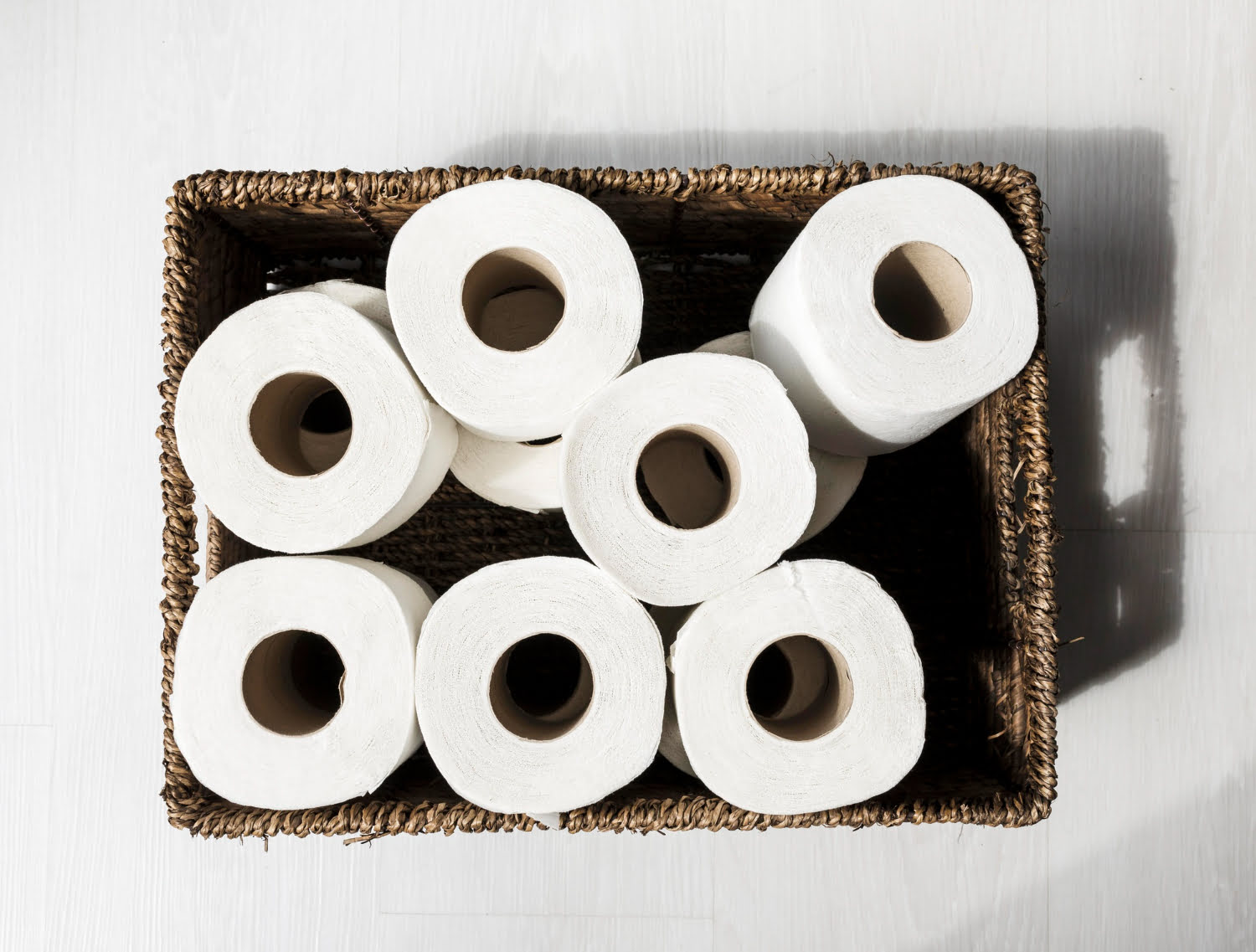
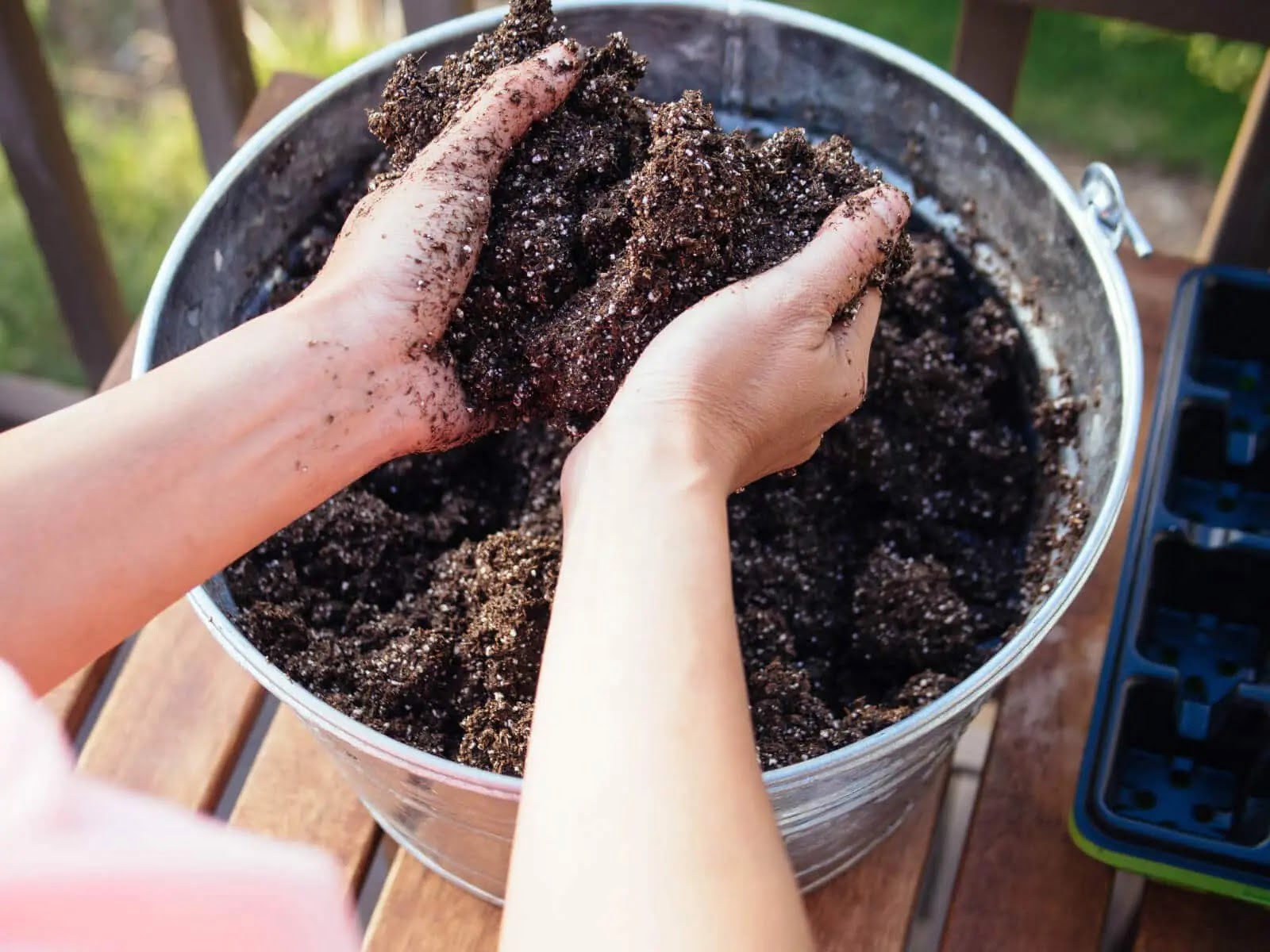
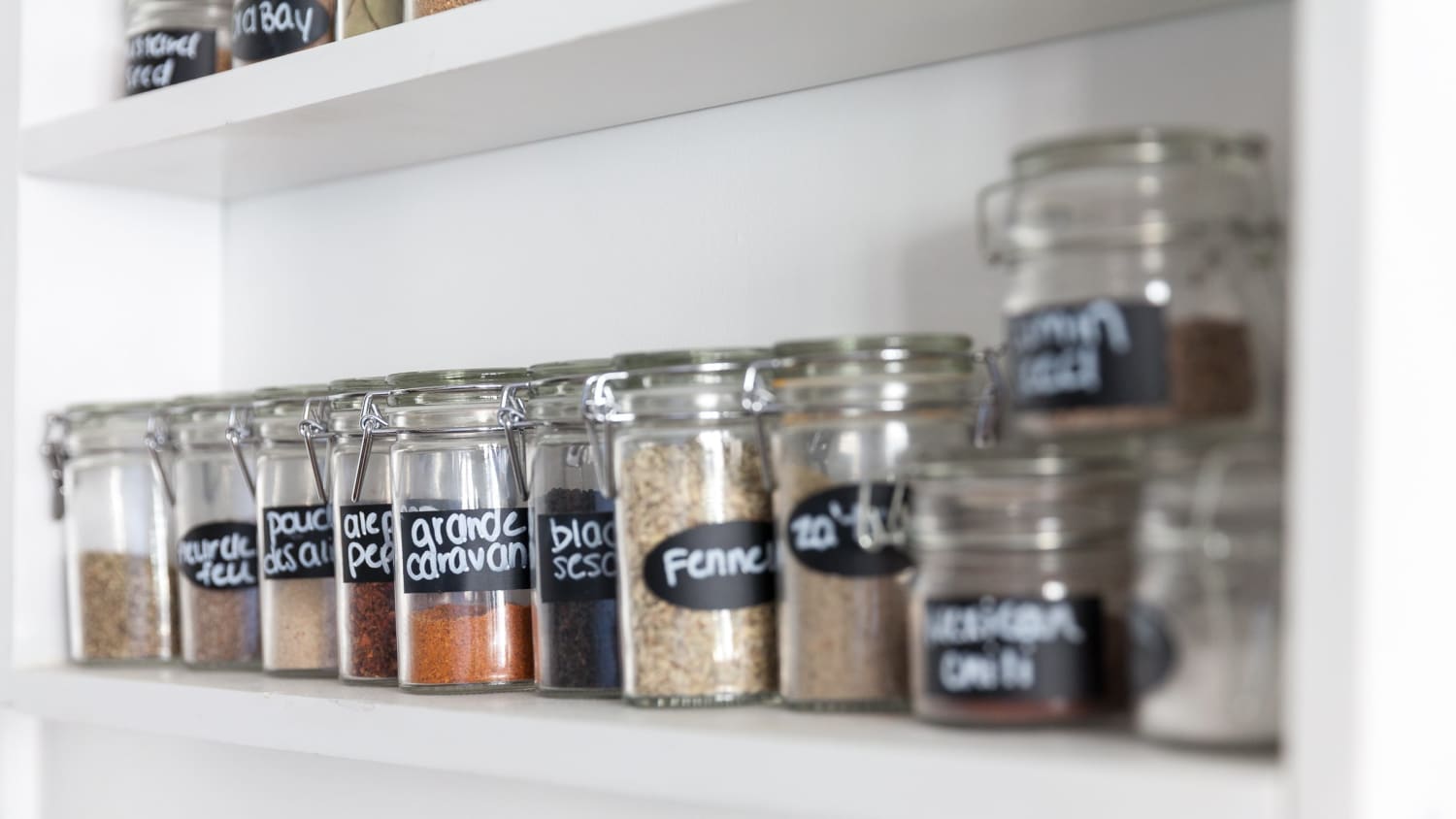
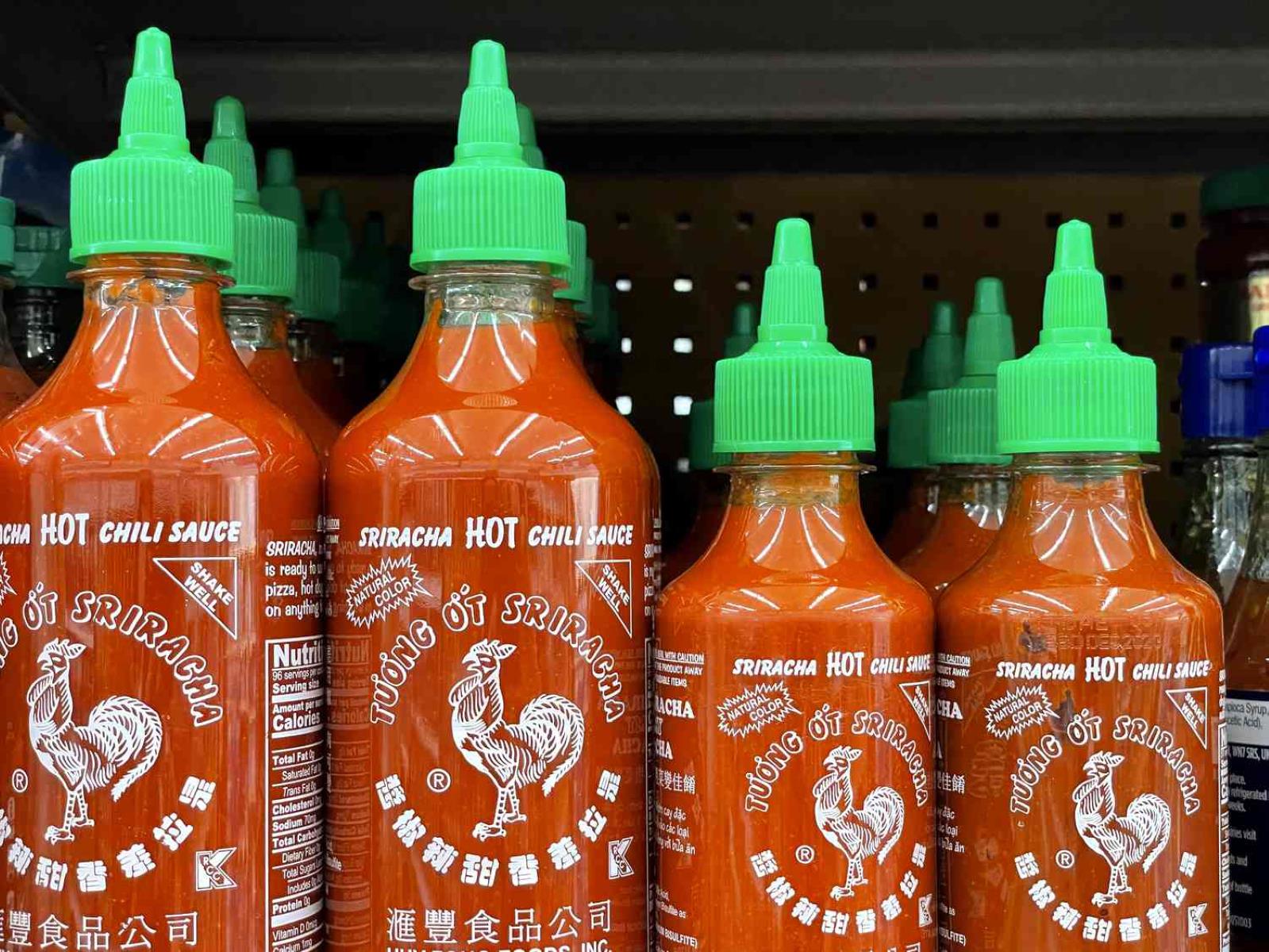
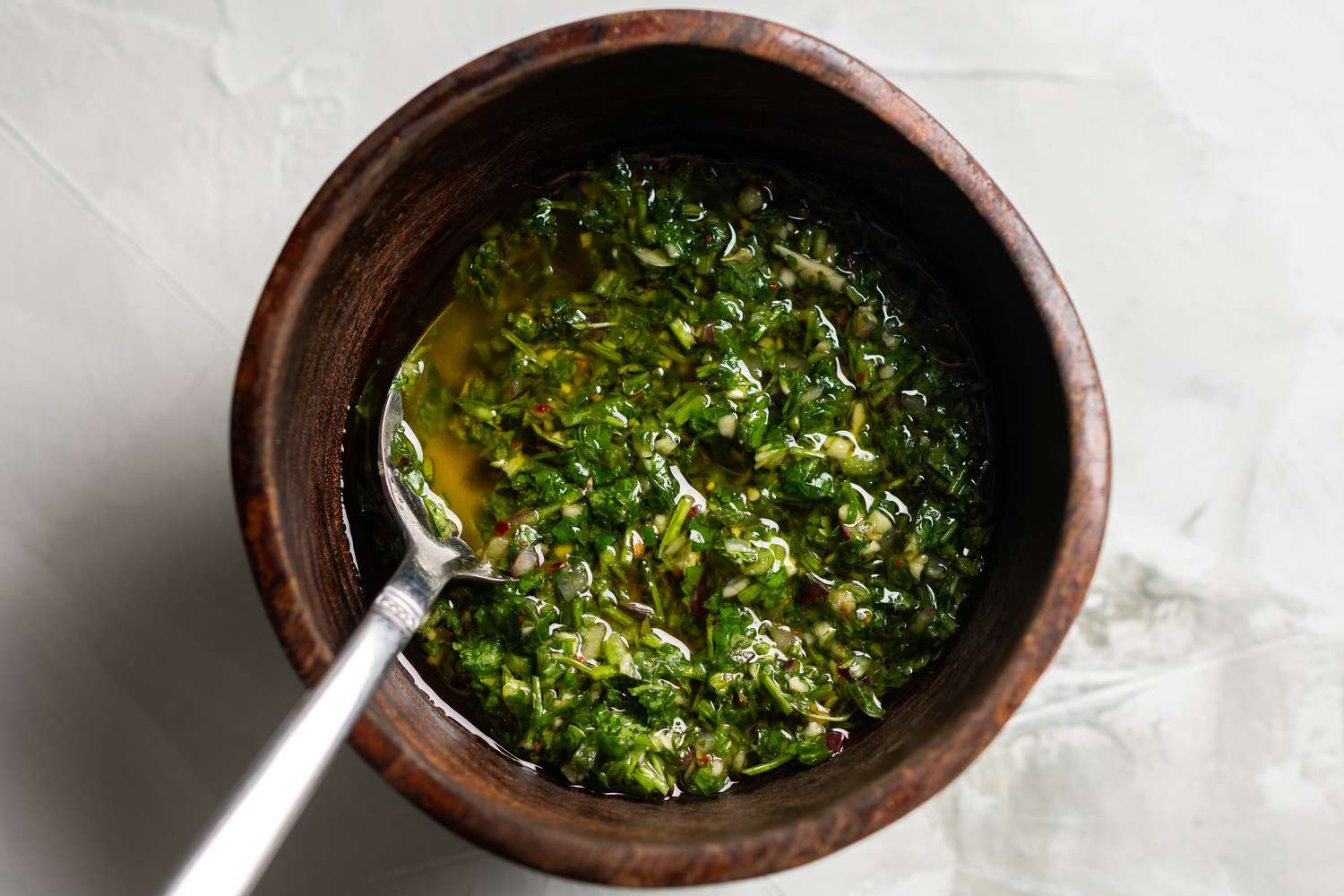
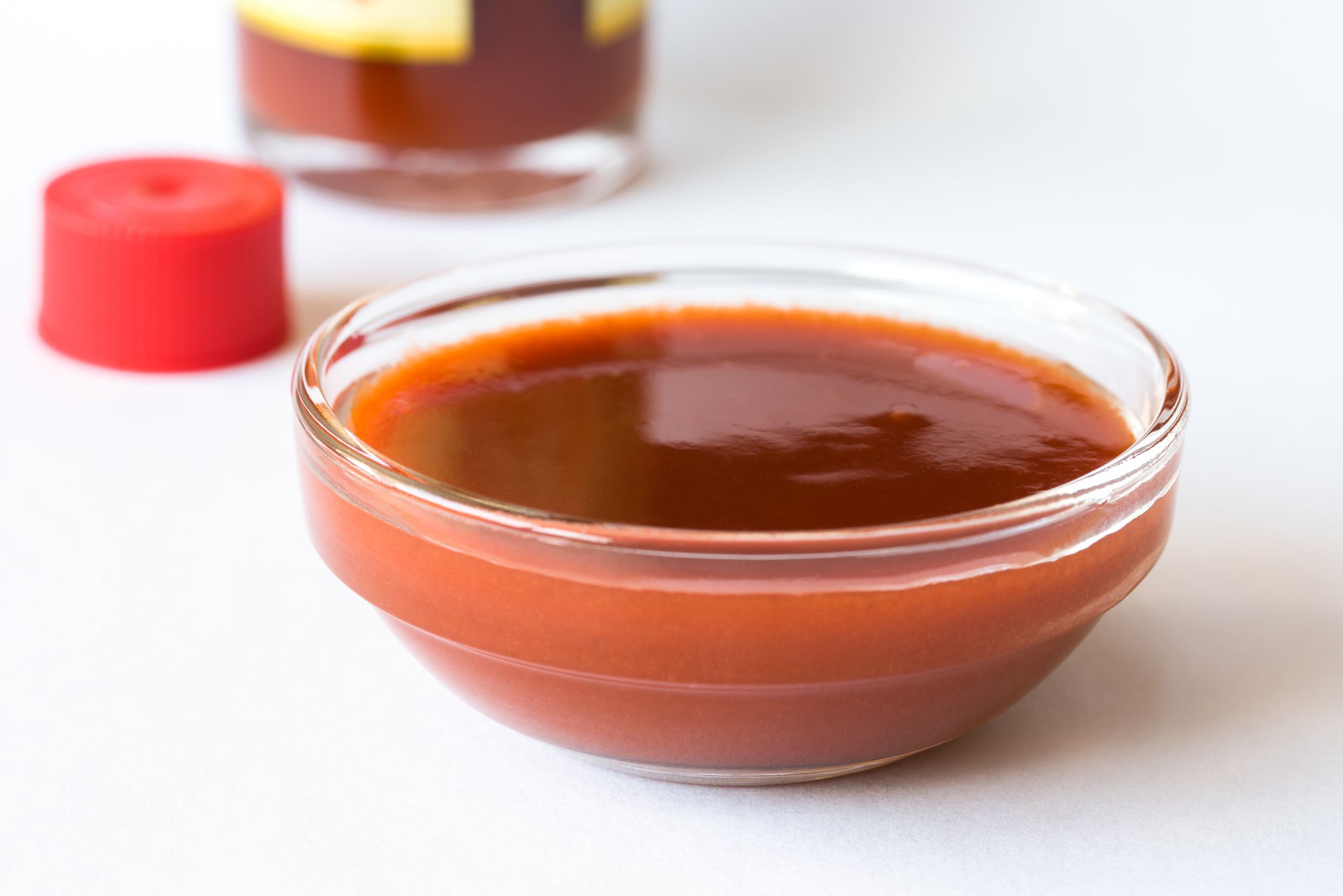
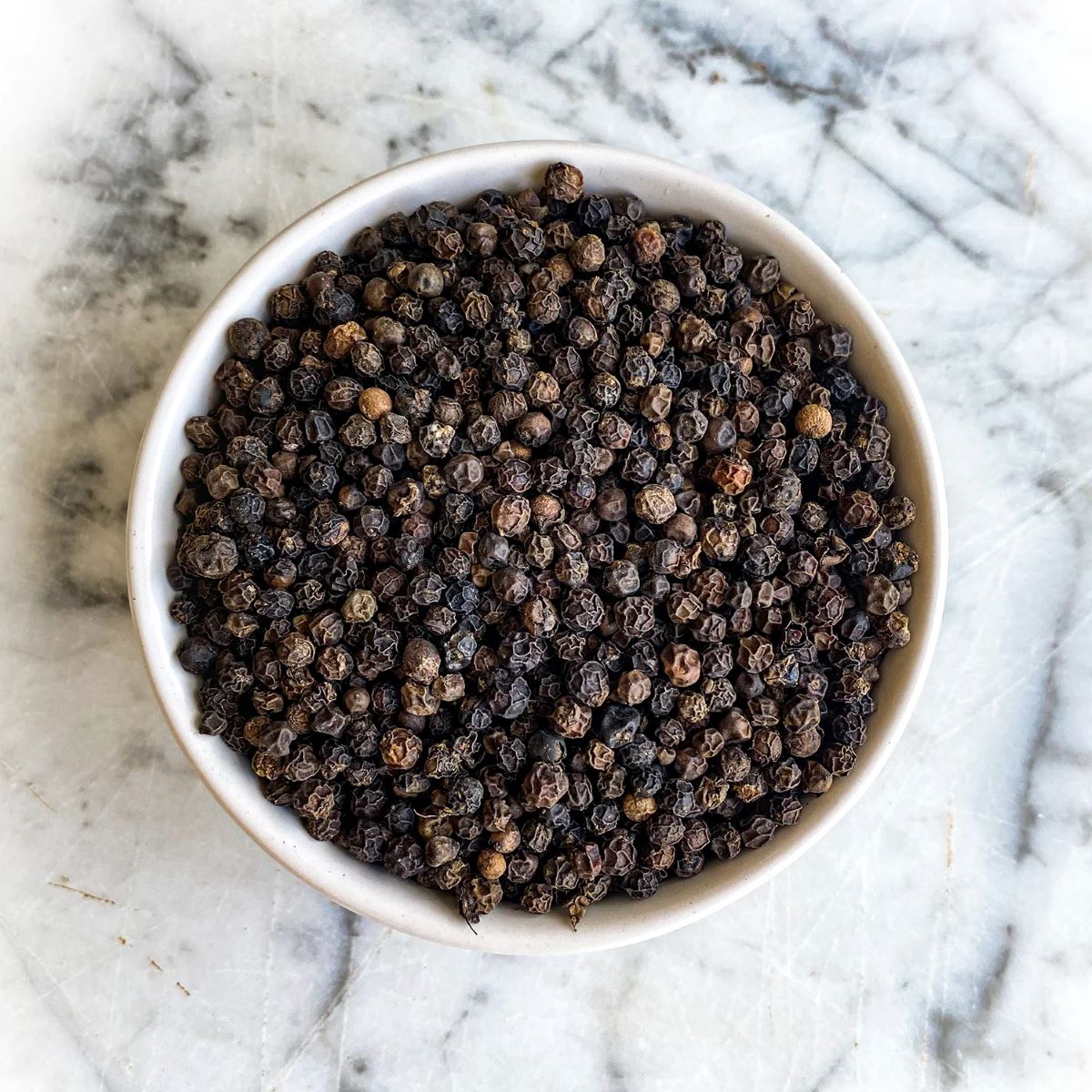
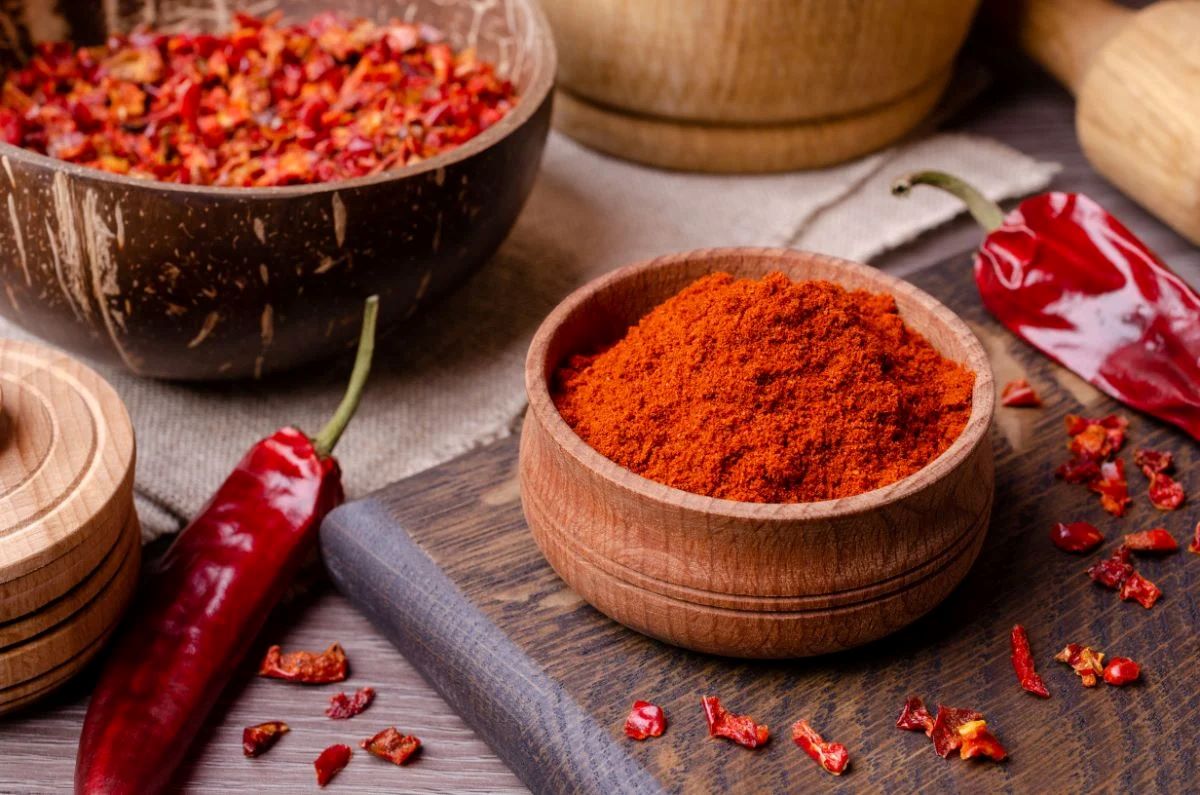
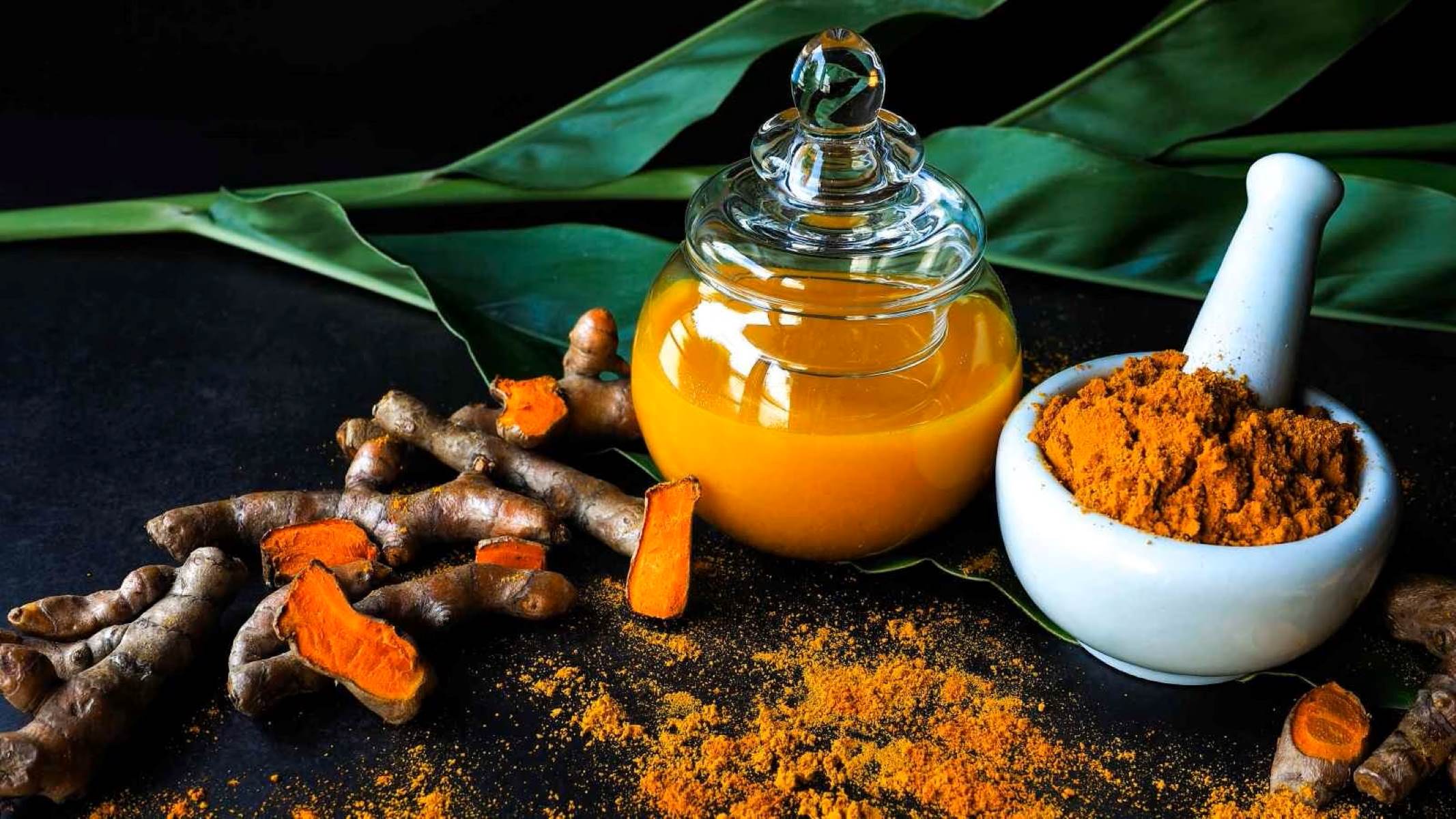
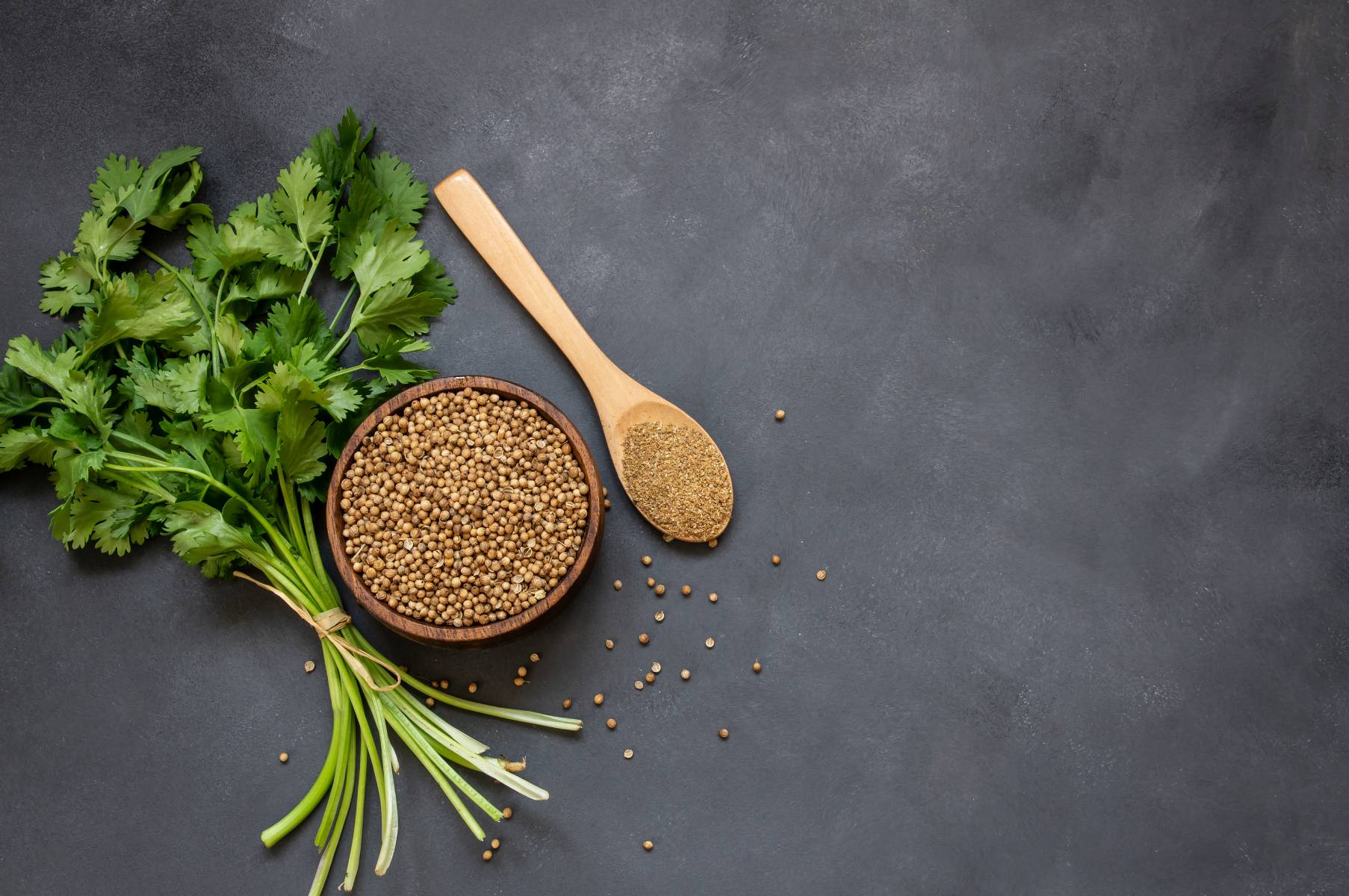
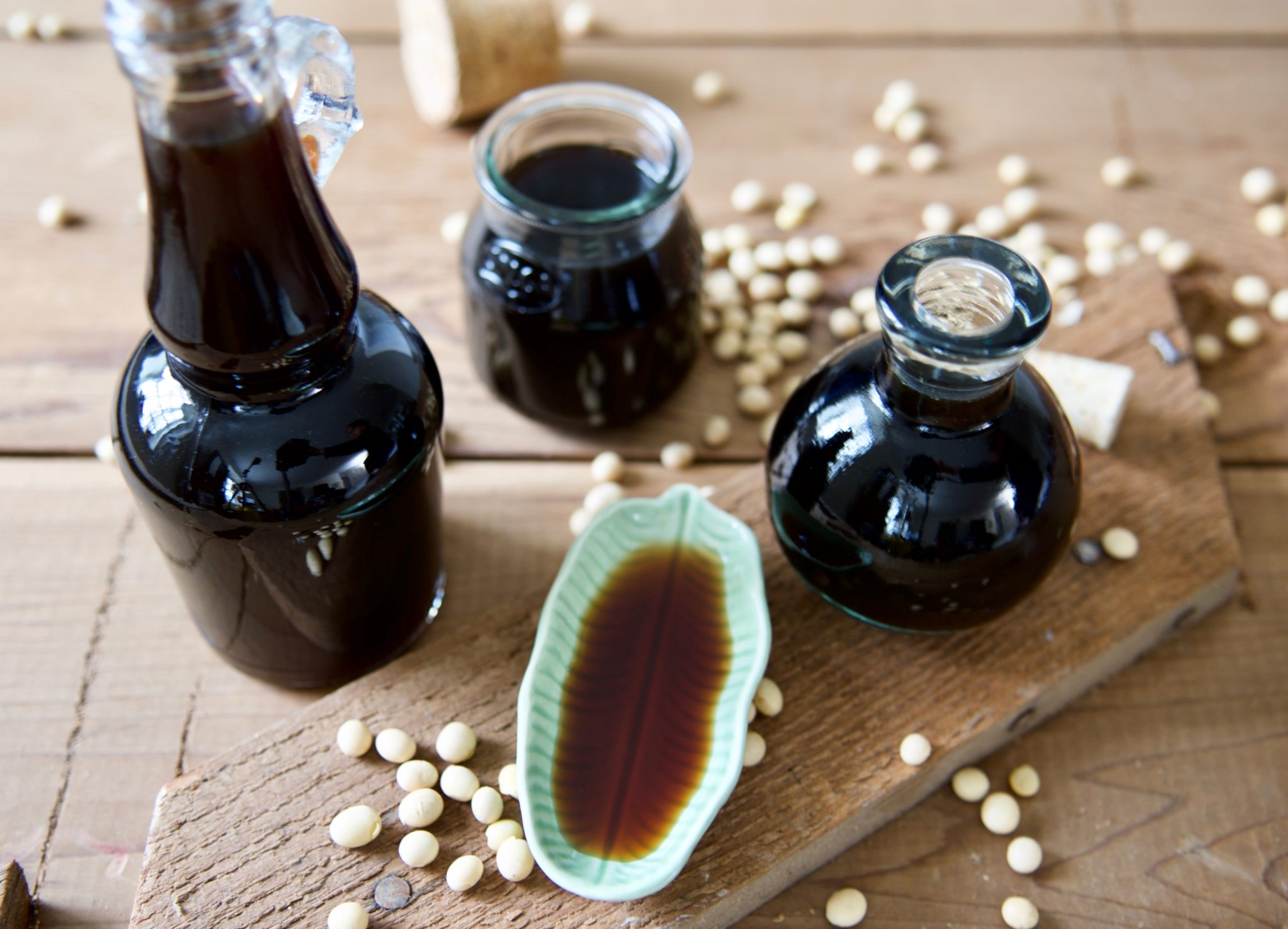
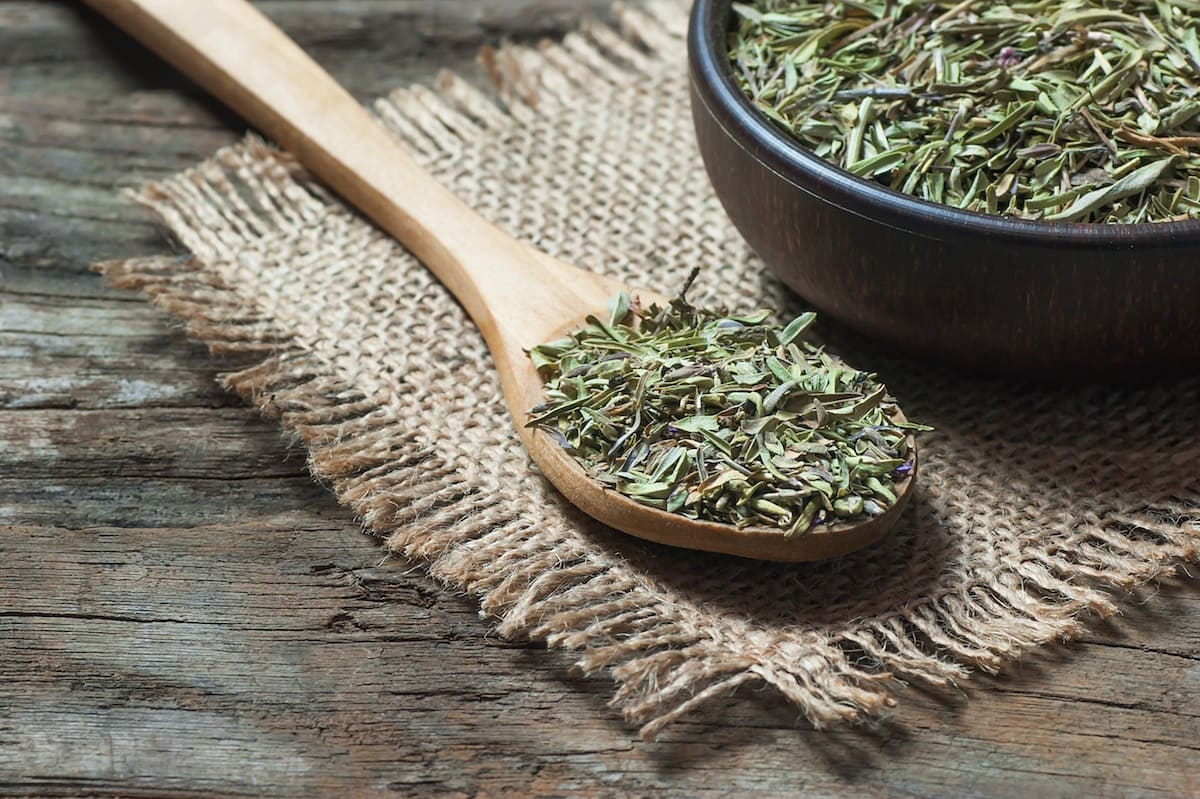
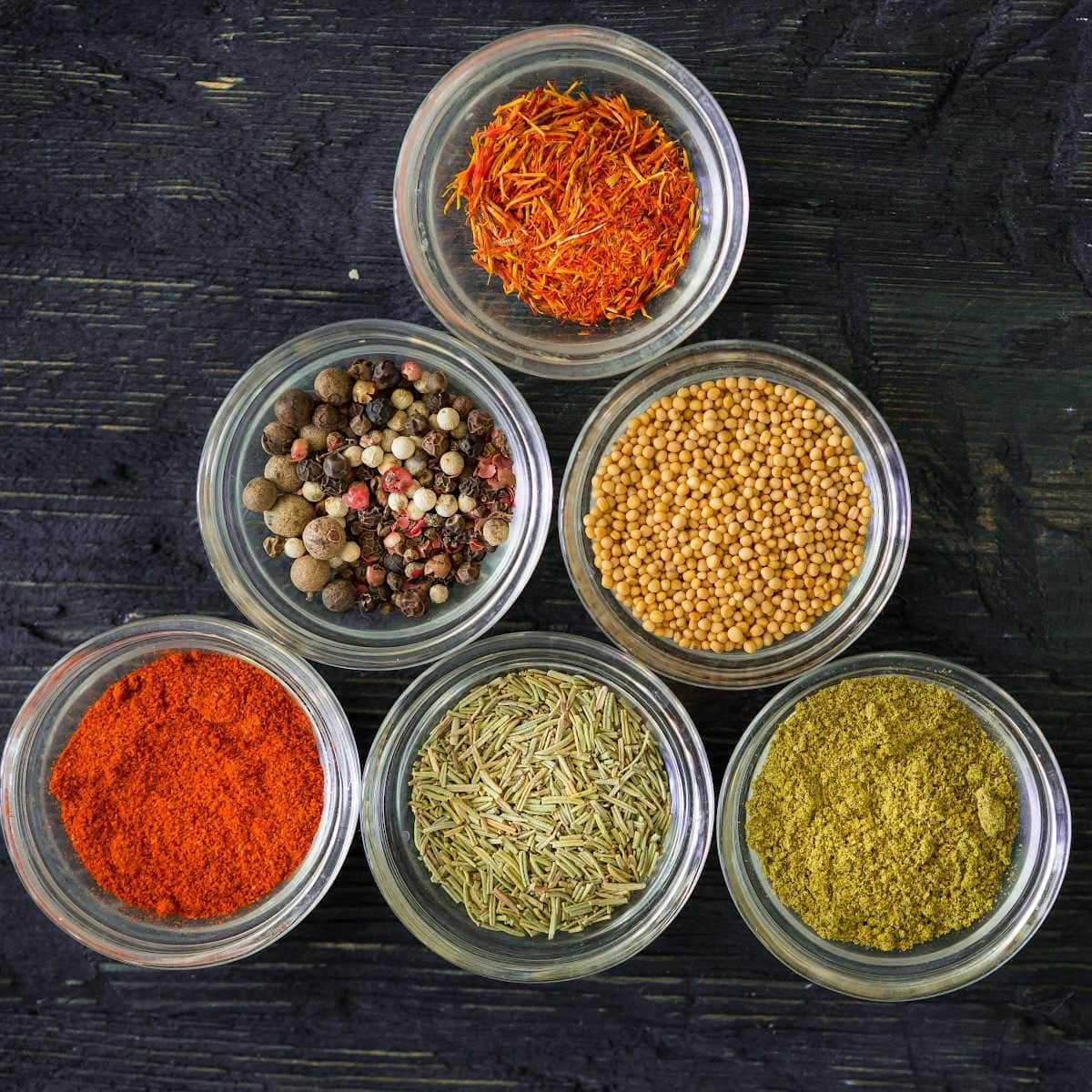

0 thoughts on “How To Store Bulk Spices”